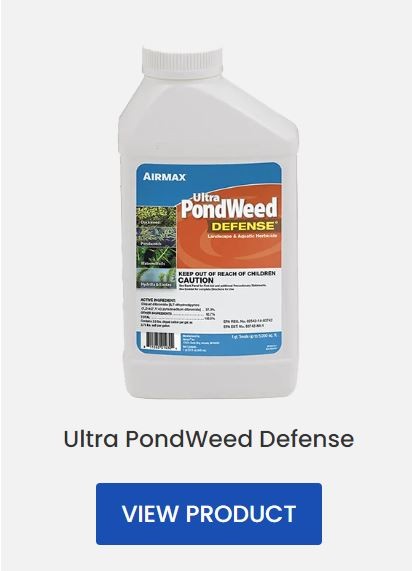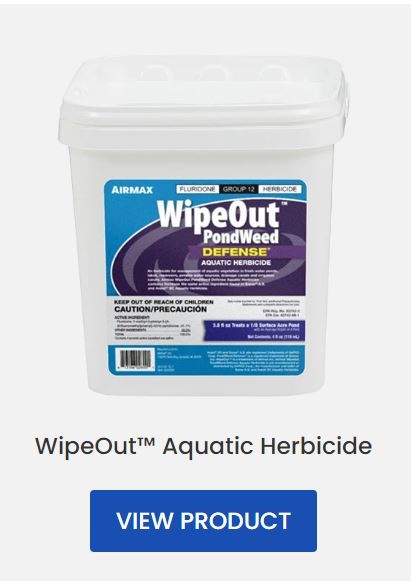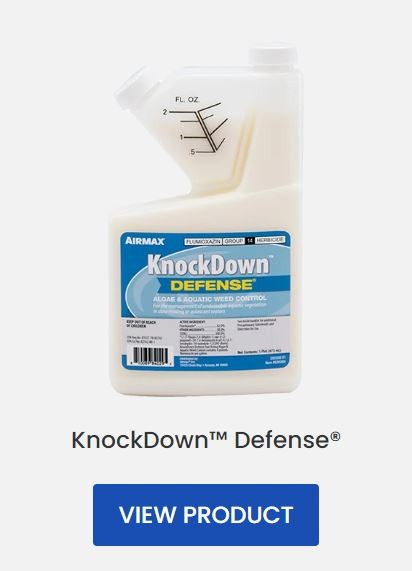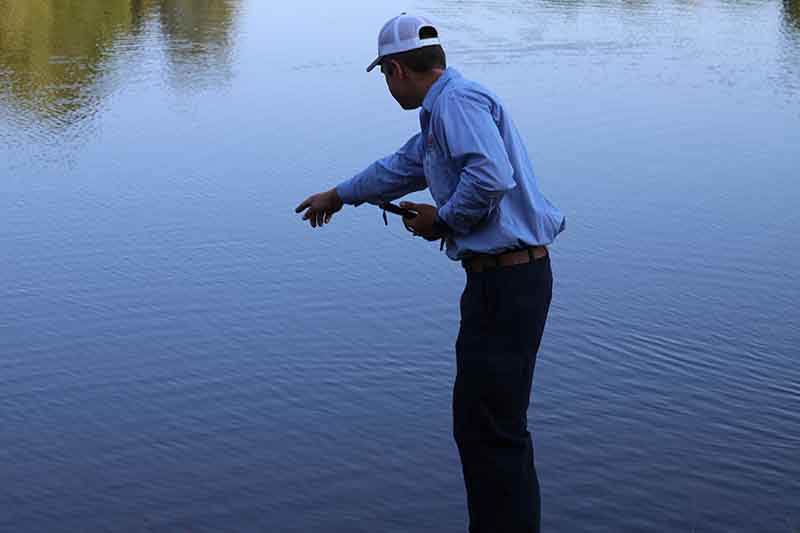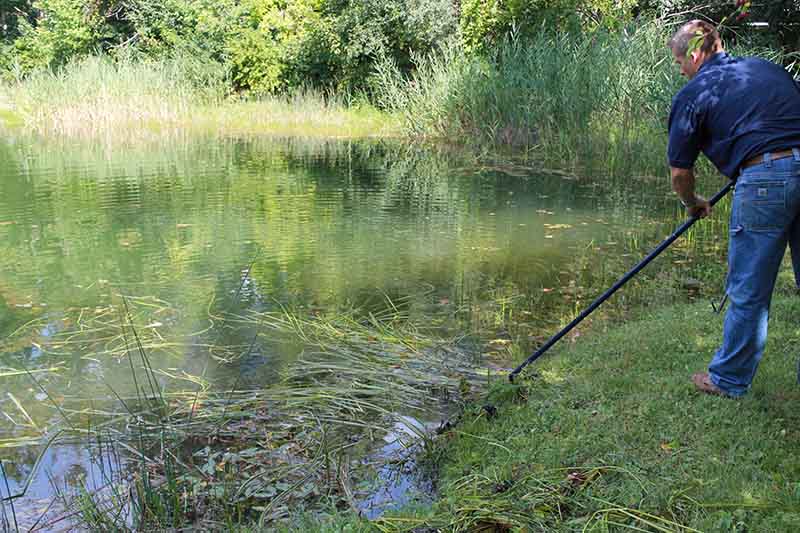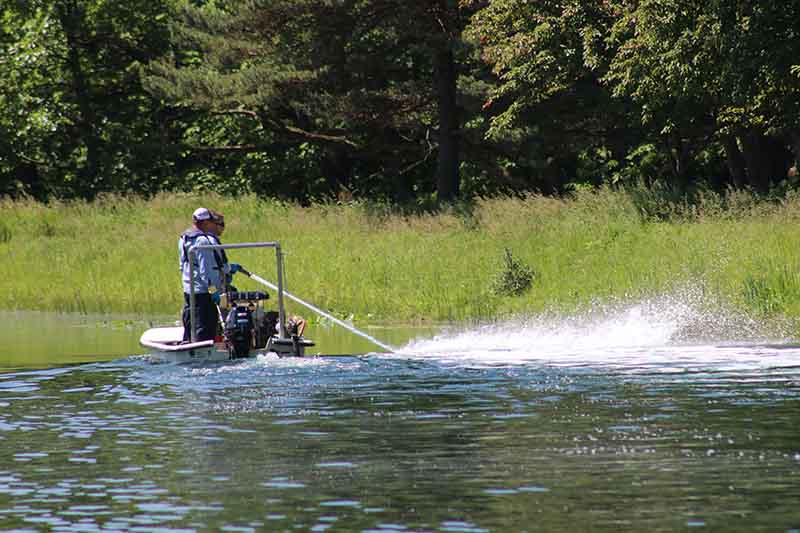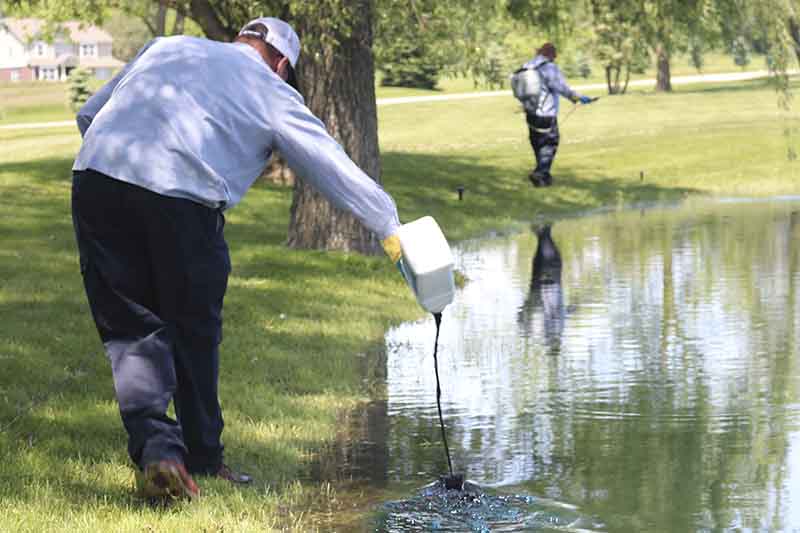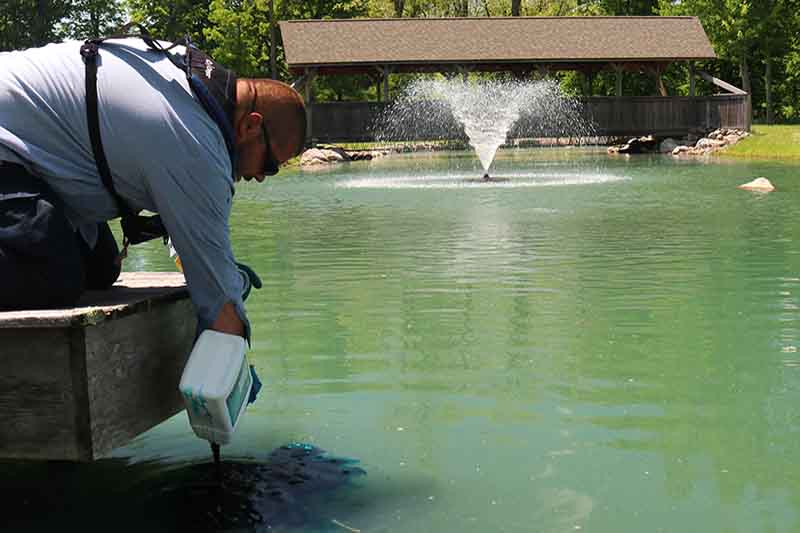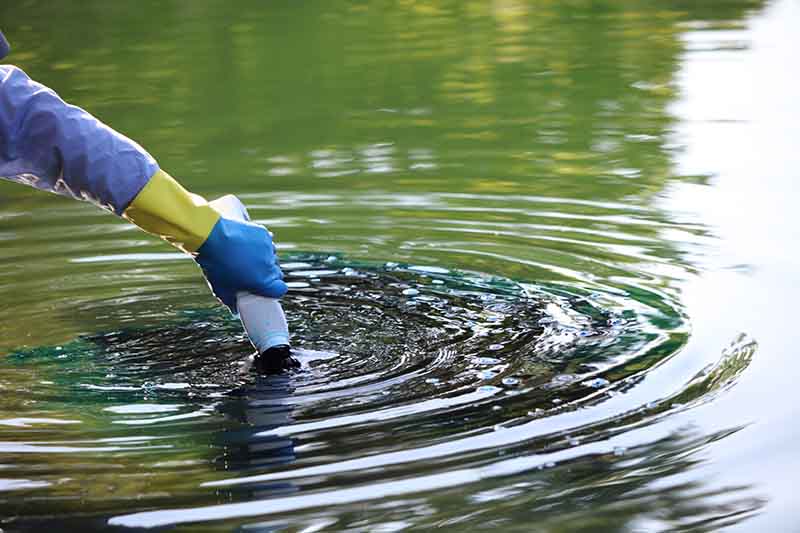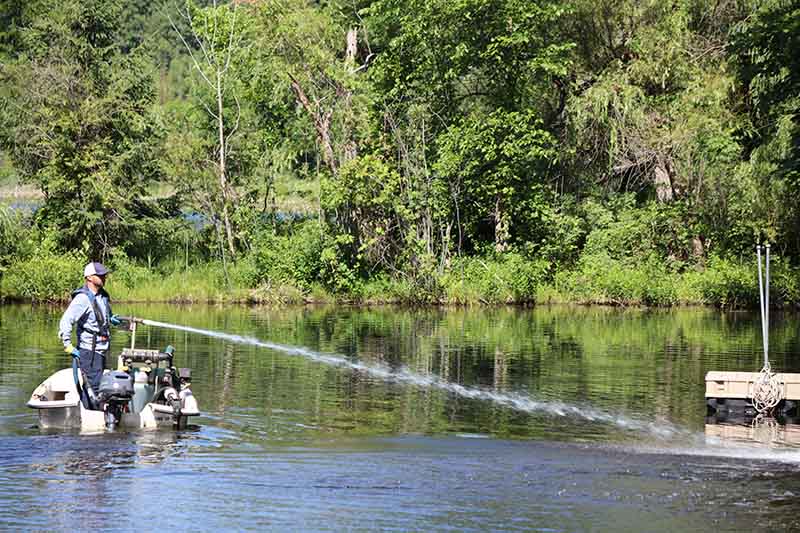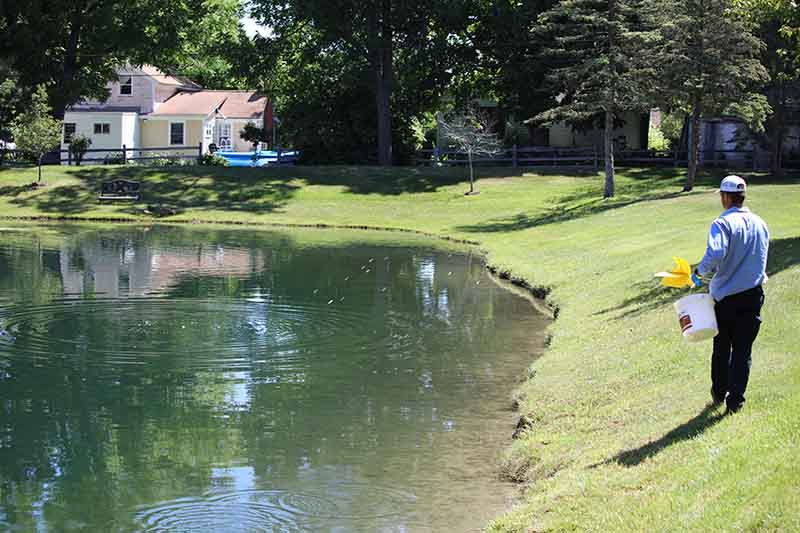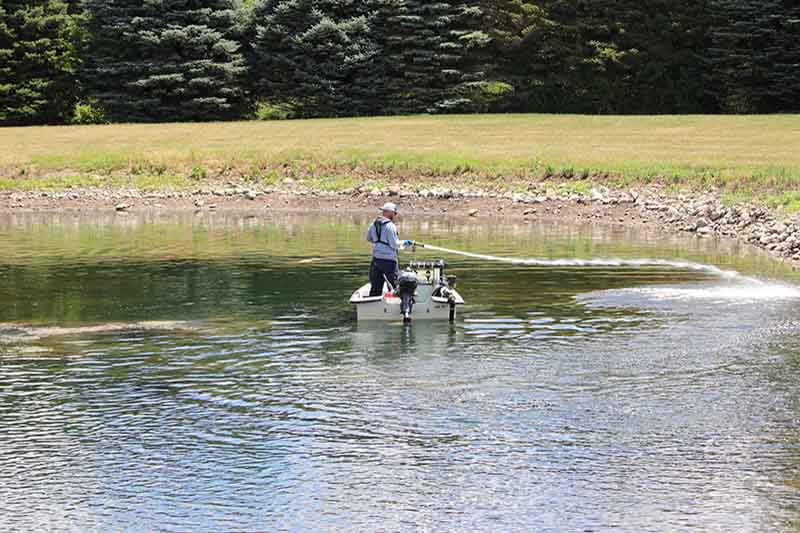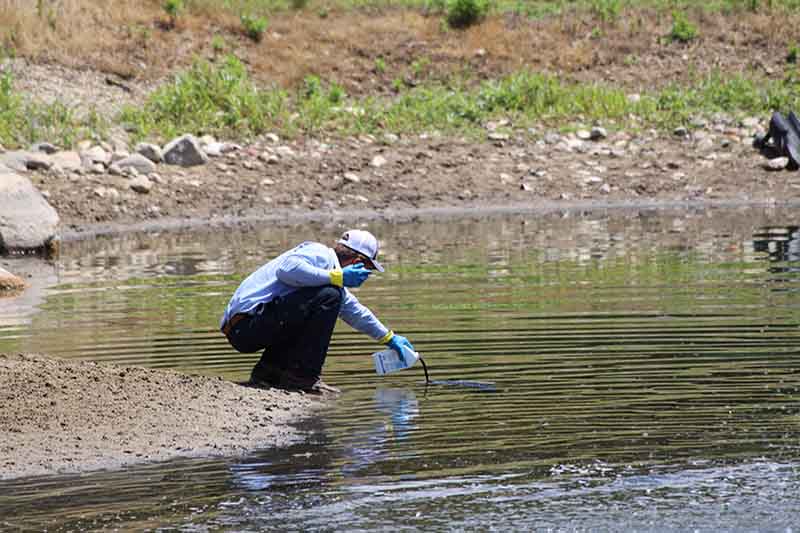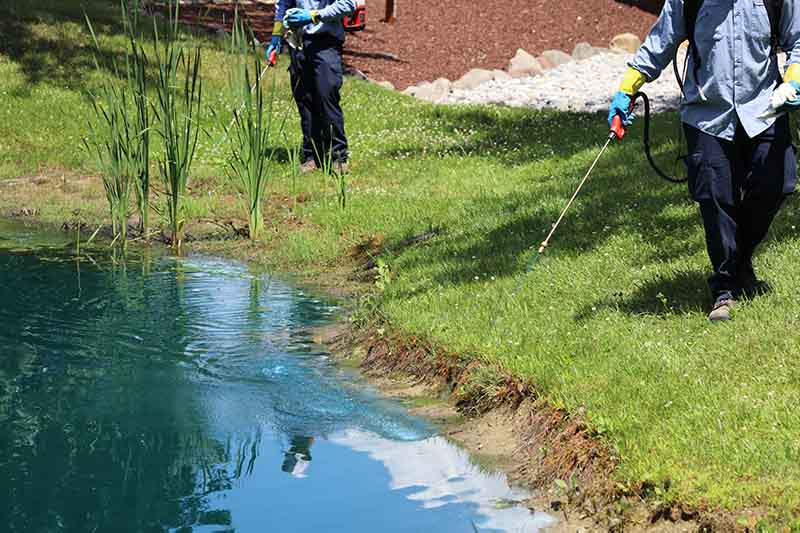
Who We Provide Treatments For:
- Home Owners Associations
- Retention/Detention Ponds
- Lake Front Properties
- Canals & Marinas
- Residential Swimming & Fishing Ponds
What We Treat
We target all invasive species of aquatic weeds including, but not limited to, Coontail, Eurasian Water Milfoil, Curly Leaf Pondweed, Floating Pond Weed, Sago, Naiad and Phragmites as well as Chara, Filamentous Algae, and other floating and submerged algae.
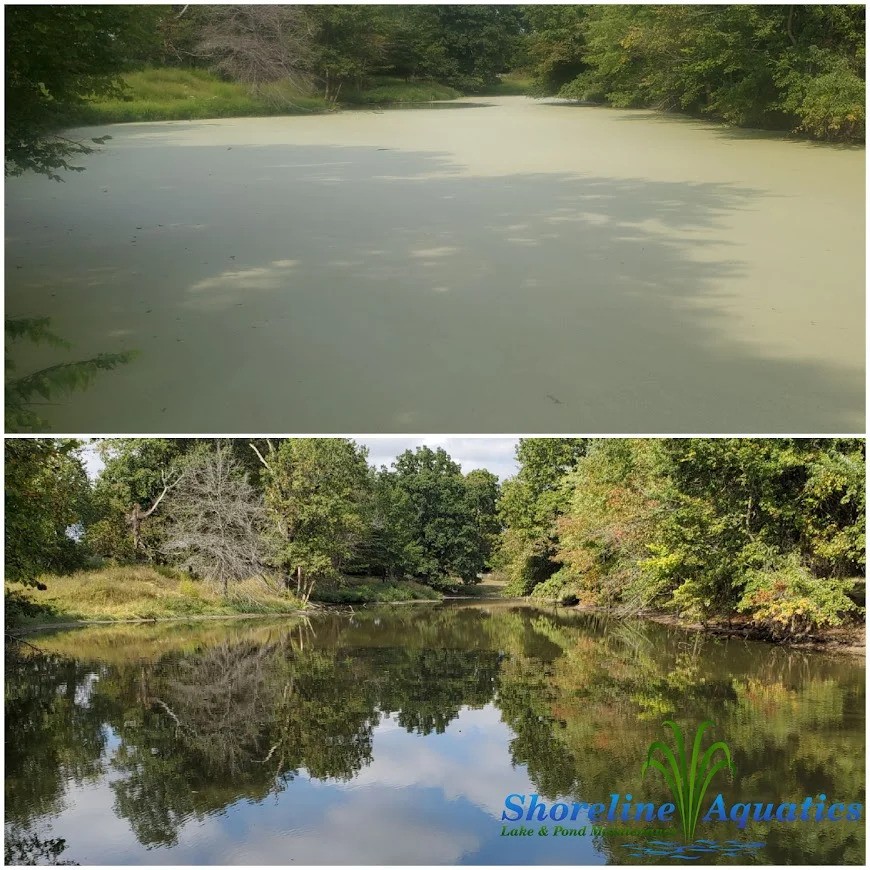
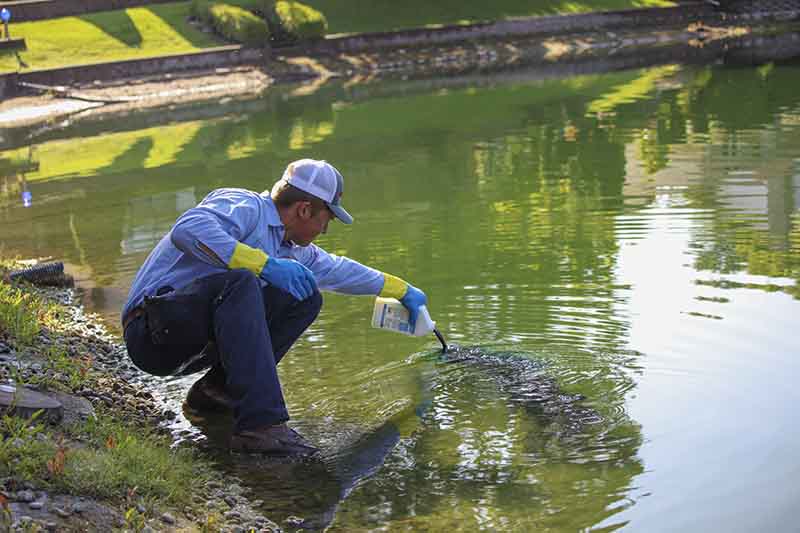
Treatment Frequency
Our popular Complete Pond Management Program (CPM Program) offers regularly scheduled treatments to ensure your Effingham, Breese, Carlyle, Marion County -IL area pond, is looking great all year. Treatment frequency is based on your pond’s individual needs.
Licensed Applications
All of our technicians are fully trained professionals, in full compliance with state and local government certification and licensing requirements.
In-House Office Staff
Shoreline Aquatics’ service department has office staff available by phone, in-store, or by e-mail, to answer your pond service questions.

Image

We Love What We Do
We have a passion for helping others which results in our love for what we do. In turn, we do what our clients love. No wonder we have so many happy, satisfied customers.
Frequently Asked Questions
Are these products you use safe?
Only chemicals approved for aquatic use will be used. These chemicals are safe for people, pets, and fish when used according to the label. Fish are generally at the greatest risk of oxygen depletion, resulting from decaying dead vegetation. The homeowner, or main contact, will be given a treatment receipt at each treatment, listing the chemicals applied to the pond and if there are any short-term water use restrictions, such as swimming or irrigation.
The length of control depends on the weed(s) treated and the local conditions. Rain, intense sunlight, and runoff all play an important role in the effectiveness of treatment. Generally, a treatment will be needed every 15-30 days throughout summer.
The time it takes to see results depends on the target species. In general, algae will die much quicker than aquatic plants. Signs of successful treatment can take up to 2 weeks.
There are two types of chemicals used, systemic and contact. Systemic herbicides are absorbed by the weed(s), killing the entire weed including the root. Contact herbicides kill only the parts of the weed(s) that they come in contact with. Contact herbicides work faster and are used on weeds that have only one life cycle per season.
Temperature is a factor when considering a chemical application. Treatments will begin when the water temperature is at least 55° F, to ensure that plants and algae are actively growing. Warmer temperatures also promote the activation of aquatic chemicals. The homeowner, or main contact, will be notified before each scheduled treatment.
footer

